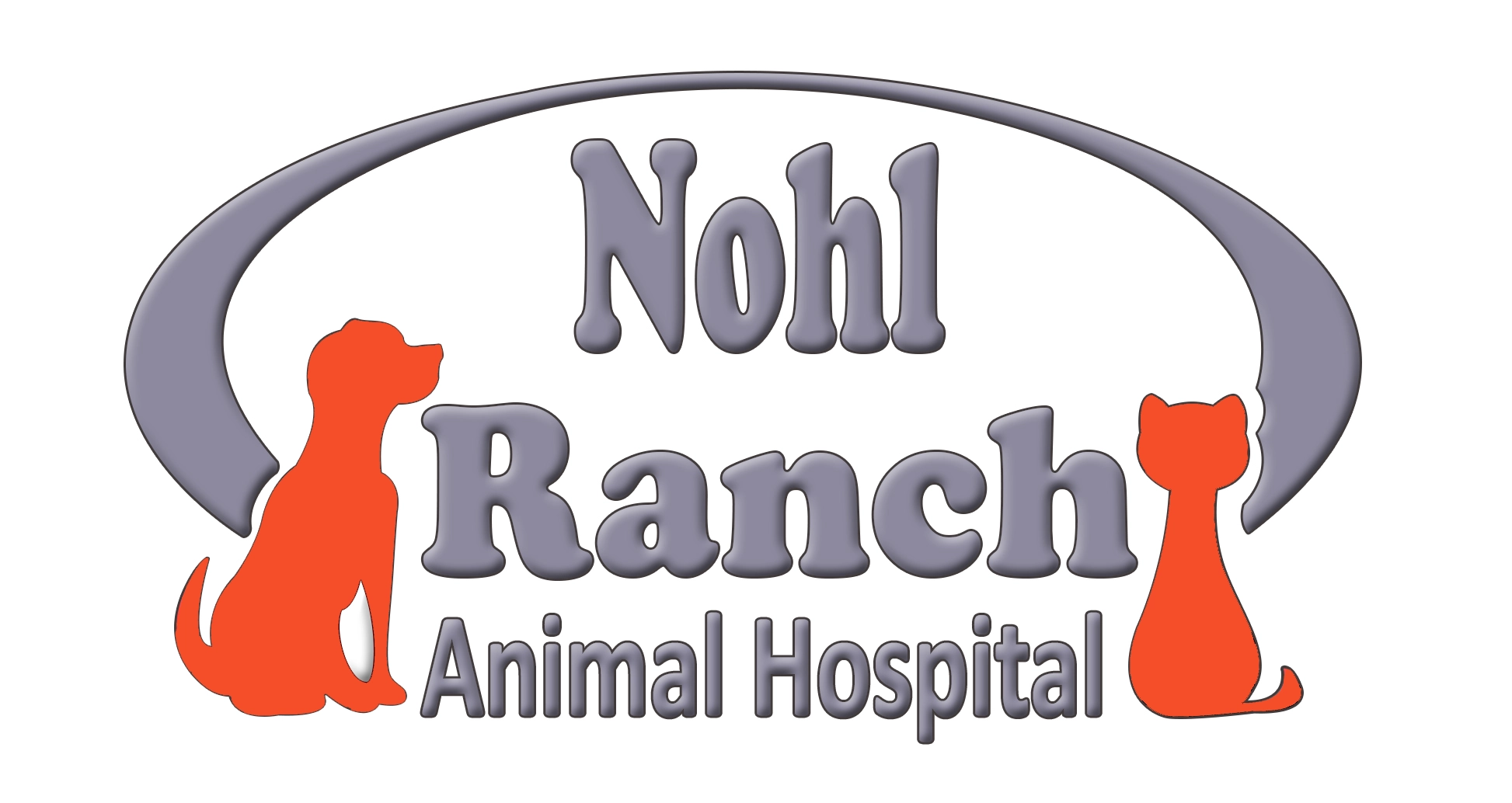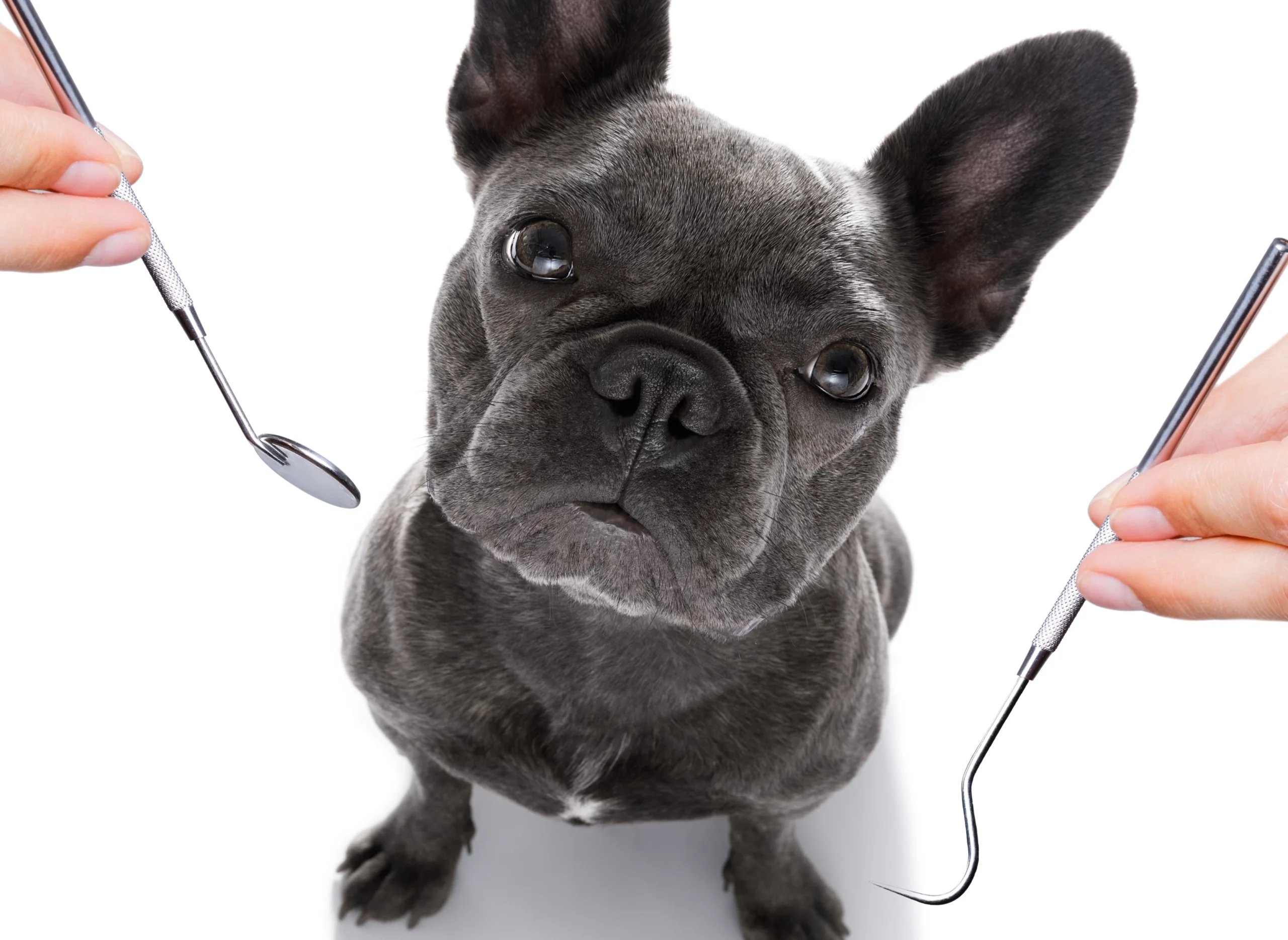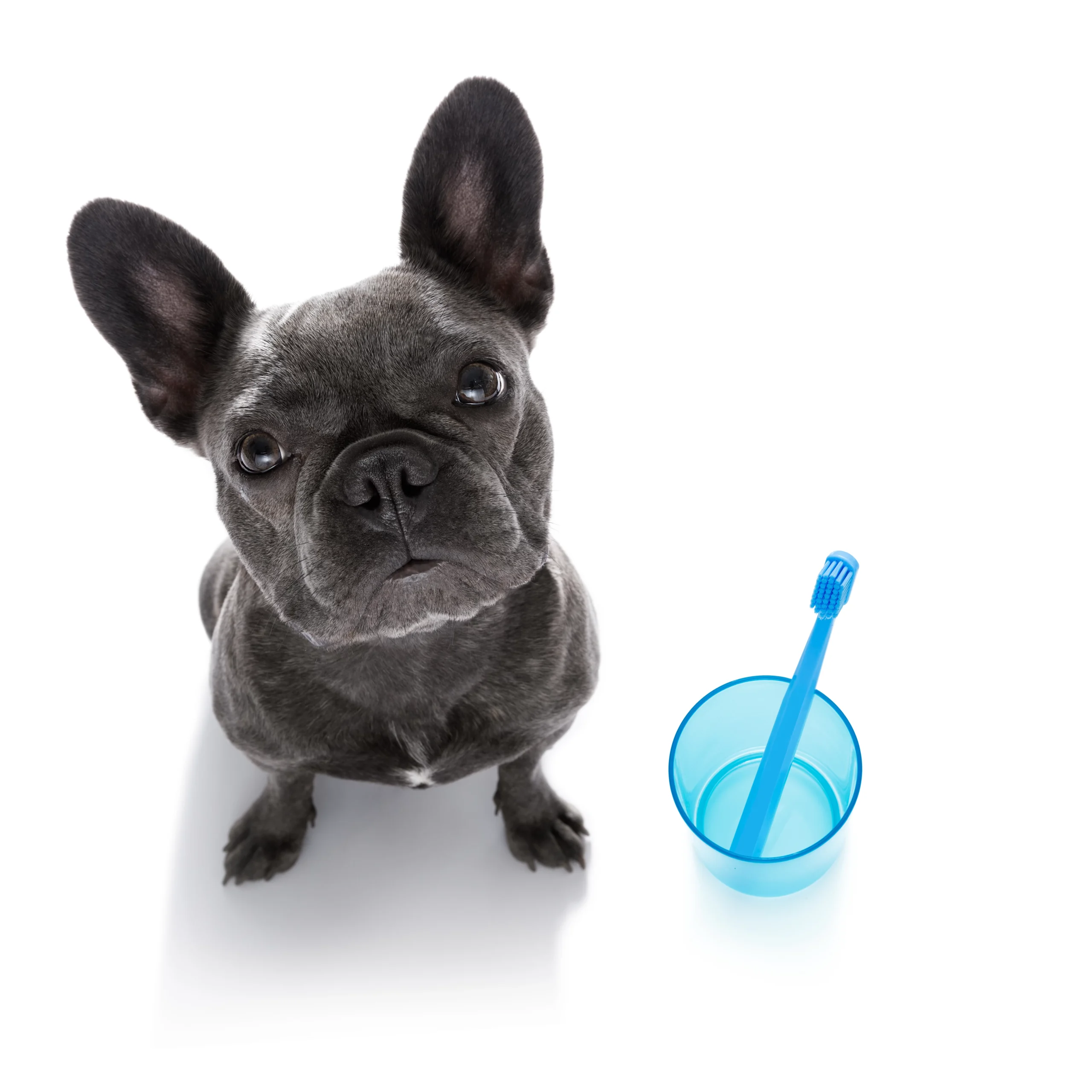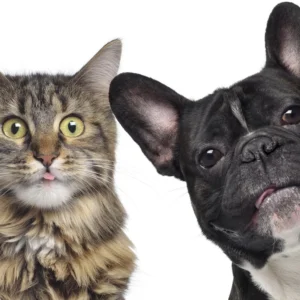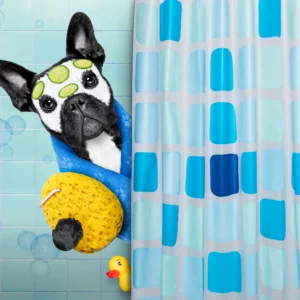Hello, everyone! It’s me, Marcel, your friendly canine companion from Nohl Ranch Animal Hospital! Today, I want to bark about something super important for all my fellow furry friends—pet dentistry! Just like you humans need regular check-ups at the dentist, we pets also need proper dental care to keep our smiles bright and our bodies healthy. So let’s dive into the world of pet dentistry and explore why it matters so much!
Why Dental Health Matters for Pets
Let’s start with the basics: why is dental health so crucial for pets? Well, you may not know this, but a healthy mouth plays a huge role in our overall well-being. Healthy teeth and gums help us eat properly, and they also prevent pain and discomfort. If dental issues go untreated, they can lead to serious health problems that can affect not only our mouths but also our hearts, livers, and kidneys. So, keeping our teeth and gums in tip-top shape is essential!
Common Dental Issues in Pets
Now that we understand the importance of dental health, let’s talk about some common dental issues that pets face. Periodontal disease is the most prevalent dental condition for dogs and cats. In fact, by the time I turn three years old, I could already show signs of periodontal disease! If left untreated, this condition can lead to gum inflammation, tooth loss, and severe pain.
Other dental issues include:
- Tooth Decay: Just like in humans, tooth decay can occur in pets due to a buildup of plaque and tartar. This decay can lead to pain and infection.
- Broken or Fractured Teeth: Chewing on hard objects can cause teeth to break. This can be quite painful and may require extraction.
- Gingivitis: This is the inflammation of the gums and is often the first sign of periodontal disease. It can cause redness, swelling, and bleeding.
- Oral Tumors: Although less common, tumors can develop in a pet’s mouth, and they can be benign or malignant.
Signs of Dental Problems in Pets
As a pet owner, it’s important to keep an eye on your furry friend’s dental health. Look for signs that might indicate dental problems, such as:
- Bad breath: While all pets have some smell, a foul odor can signal dental disease.
- Difficulty eating or chewing: If your pet seems to be favoring one side of their mouth or avoiding food, it may be time for a dental check-up.
- Pawing at the mouth: If I’m constantly trying to paw at my mouth or face, it may indicate discomfort or pain.
- Swollen or bleeding gums: Gums should be pink and healthy; if you see swelling or bleeding, that’s a red flag!
If you notice any of these signs, don’t hesitate to reach out to the caring team at Nohl Ranch Animal Hospital for help.
The Importance of Regular Dental Check-ups
Now that we know what to look for, let’s talk about the importance of regular dental check-ups. Just like humans visit the dentist for cleanings and check-ups, we pets need the same level of care! At Nohl Ranch Animal Hospital, we recommend scheduling annual dental exams for your pets.
During these check-ups, our veterinarians can assess your pet’s dental health, identify any potential problems, and recommend treatment options. Regular dental cleanings can help remove plaque and tartar buildup, reducing the risk of periodontal disease and other dental issues.
The Pet Dental Cleaning Process
So, what happens during a dental cleaning? Let me break it down for you! When you bring your pet to Nohl Ranch Animal Hospital for a dental cleaning, the following steps typically occur:
- Pre-Exam: Before the cleaning, the veterinarian conducts a thorough exam to assess your pet’s overall health. This ensures that they are healthy enough to undergo the procedure.
- Anesthesia: Most dental cleanings require general anesthesia to keep your pet calm and comfortable. This allows our skilled veterinarians to perform a thorough cleaning without any stress or discomfort for your furry friend.
- Dental Scaling: After your pet is safely under anesthesia, the dental cleaning process begins. Our team uses specialized tools to remove plaque and tartar from the teeth and gums. This scaling process is vital for preventing periodontal disease.
- Polishing: Once scaling is complete, the teeth are polished to create a smooth surface. This polishing helps reduce the likelihood of plaque buildup in the future.
- Examination: After the cleaning, the veterinarian carefully examines your pet’s teeth and gums for any signs of decay, fractures, or other issues. If any concerns arise, the vet will discuss the best treatment options with you.
- Post-Cleaning Care: After the cleaning, your pet will wake up from anesthesia in a safe and comfortable environment. Our team will provide you with post-care instructions, including tips for maintaining your pet’s dental health at home.
Home Dental Care for Pets
While professional dental cleanings are essential, home dental care is equally important! Just like you brush your teeth every day, there are things you can do to keep your pet’s mouth healthy between vet visits. Here are some tips for effective home dental care:
- Brushing: If your pet tolerates it, brushing their teeth regularly is one of the best ways to maintain dental health. Use a toothbrush and toothpaste designed specifically for pets, as human toothpaste can be harmful to us!
- Dental Chews: Look for dental chews or treats that help reduce plaque and tartar buildup. Chewing can promote healthy gums and freshen breath.
- Water Additives: Some water additives can help reduce plaque and keep your pet’s mouth fresh. Talk to your veterinarian about safe options for your pet.
- Regular Check-ups: As I mentioned before, schedule regular dental check-ups to catch any issues early and keep your pet’s mouth healthy.
The Connection Between Dental Health and Overall Health
Now, let’s explore the connection between dental health and overall health. You may not realize it, but the health of your pet’s mouth directly impacts their entire body. When dental disease occurs, bacteria can enter the bloodstream and affect other organs, leading to serious health complications.
For example, periodontal disease has been linked to:
- Heart Disease: Bacteria from dental infections can enter the bloodstream and affect the heart, potentially leading to heart disease.
- Kidney Problems: Poor dental health can impact kidney function, increasing the risk of kidney disease.
- Liver Issues: Infections in the mouth can put a strain on the liver, affecting its ability to filter toxins from the body.
By maintaining good dental health through regular cleanings and at-home care, you help prevent these serious health issues and promote your pet’s overall well-being.
Conclusion: Prioritizing Your Pet’s Dental Health
In conclusion, pet dentistry is a vital aspect of responsible pet ownership. As your furry friend, I can’t stress enough how important it is to keep our mouths healthy for a long, happy life! At Nohl Ranch Animal Hospital, we are committed to providing the best dental care possible for your pets.
From routine check-ups to professional cleanings and dental health advice, we’re here to help you prioritize your pet’s dental health. Let’s work together to ensure that our furry friends have bright, healthy smiles and a happy, healthy life! If you have any questions or want to schedule an appointment, don’t hesitate to contact us today! Your pet deserves the best care, and I’m here to help you every step of the way!
